Budget 2016: George Osborne prepares Budget 'for long term'
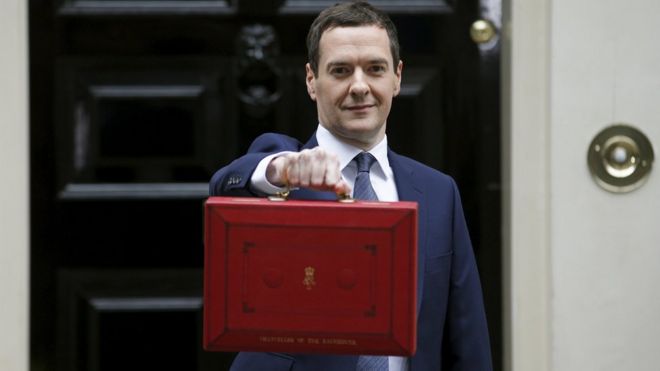 Reuters
Reuters
George Osborne will set out £4bn in extra spending cuts and announce investment in the UK's infrastructure when he presents his Budget to MPs.
The Budget will "choose the long term" the chancellor will say, warning that the "storm clouds are gathering again".
His eighth Budget will include a £1.5bn education package to turn all state schools in England into academies and allow some to open later in the day.
Shadow chancellor John McDonnell called for an end to "cruel cuts".
Mr Osborne will deliver his Budget at 12:30 GMT, after Prime Minister's Questions, setting out the latest economic forecasts and the state of the public finances.
In his biggest Parliamentary test to date, Labour leader Jeremy Corbyn will deliver the Opposition's response.
- Follow all the build-up and the action as it happens on Budget 2016 Live
- Budget to set out plans for longer school days in England
- Kamal Ahmed: The two Budget numbers to watch out for
- James Landale: Why Budget is about more than just the finances for Osborne
The chancellor is expected to say that the UK is economy "strong" but warn that "storm clouds are gathering".
"Our response to this new challenge is clear. A Budget where we act now so we don't pay later," he will say, with a pledge to "put the next generation first".
BBC political editor Laura Kuenssberg said people might wonder where the "sunshine chancellor" has gone.
Mr Osborne had "time and again" said the government had "fixed the roof while the sun was shining but "today the metaphors will feel very different", she added.
But she said she would be surprised if there were no "surprises" in his Budget as Mr Osborne usually has "the element of the flourish, always looking for the headline".
Mr Osborne's statement comes with three months to go before the UK votes on its EU membership. The government is campaigning to remain in the EU, and the chancellor will be keen to avoid antagonising either side in the debate with his announcements.
Budget 2016 on the BBC
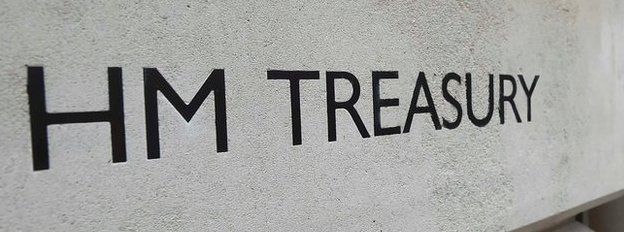 Reuters
Reuters
A special edition of the Daily Politics presented by Huw Edwards starts at 11:30 GMT on BBC2 and the BBC News Channel, also including Prime Minister's Questions at noon. BBC Radio 5 Live Daily will also cover all the action. For full coverage online please visit the BBC's Budget 2016 in-depth section.
As well as eliminating the deficit by 2019-20, the chancellor has set himself a target of having debt falling as a share of GDP every year.
Sluggish growth since his November Autumn Statement - when cuts to tax credits and police budgets were watered down - could mean more spending cuts and tax rises are needed to achieve his surplus target.
He has already warned that global uncertainty and the state of the world economy means the UK has to "act now rather than pay later" in making further spending reductions.
The £4bn extra cuts would be "equivalent to 50p in every £100" of public spending by 2020, which was "not a huge amount in the scheme of things", he has said.
Suggested tax rise options include a claim by the insurance industry that another increase in Insurance Premium Tax is planned, while capitalising on low oil prices to raise fuel duty would be opposed by many Conservative MPs.
On the investment side, Mr Osborne is also set to commit £300m for transport projects, with the government funding the start of work on the Crossrail 2 rail line and new High Speed 3 link across the north of England.
Almost half of the transport money committed was announced in the Autumn Statement.
The government has also announced a 'Help to Save' scheme under which would give low-paid workers a top-up if they put savings aside.
No longer the 'lucky chancellor'?
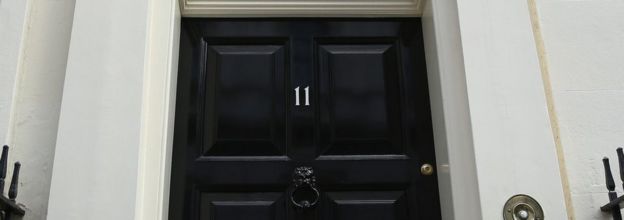 Getty Images
Getty ImagesAnalysis, by BBC political editor Laura Kuenssburg
If George Osborne was the "lucky chancellor" in November when the Treasury found an extra £27bn down the back of the Commons green benches, what will he be today?
How does he respond practically and politically to the fact that the numbers he based his plans on at the Spending Review have turned out to be wrong?
George Osborne is going to have to fess up - the pages and pages of numbers the independent Office for Budget Responsibility provided as the basis of his sums won't add up any more.
We know too - as he told me a few weeks ago - that means extra government cuts are likely, probably an additional £4bn billion a year by 2020.
Jeremy Corbyn will be responding to the chancellor's speech, but the opposition that really troubles Mr Osborne right now is those on his own benches - and if he's not the "lucky chancellor" any more, what they'll be calling him by the end of today.
Under the education package of reforms, every state school in England will have to become an academy - meaning they are independent of local authority control - by 2020 or to have a plan in place by that date to do so by 2022.
The move would end the century-old role of local authorities as providers of education.
Schools will also be able to bid to be allowed to change their hours to suit their pupils' needs.
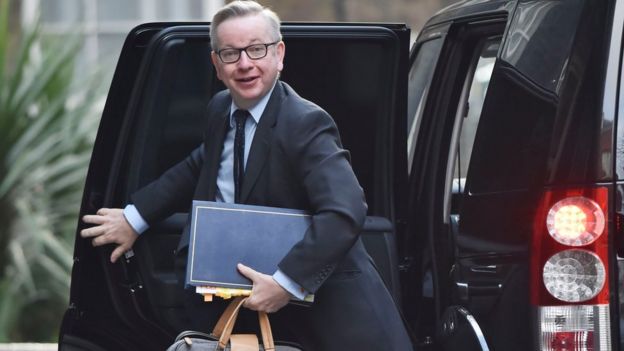 PA
PA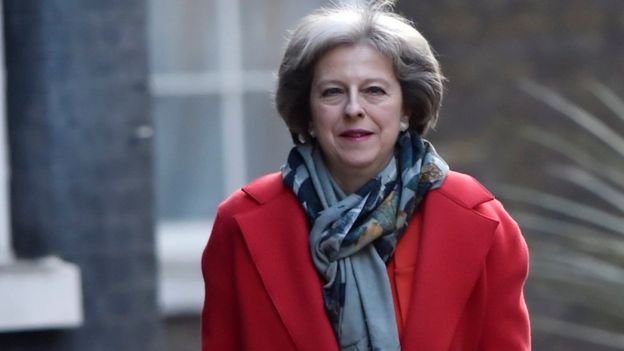 PA
PA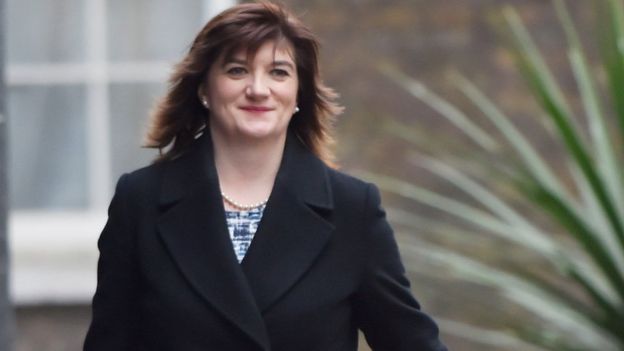 PA
PA
There have also been calls for tax cuts, with suggestions of an increase in the level at which the higher rate of tax kicks in, while Business Secretary Sajid Javid told MPs this week there were "lots of reasons to cut beer duty".
Mr McDonnell called for "straight talking" from the chancellor.
He said: "Only three months ago he came to the House Commons and said our economy was in robust health.
"Now he's coming to the House of Commons to tell us what serious problems we're facing. I want no more press releases about infrastructure projects or housing projects that aren't delivered and aren't properly funded."
The shadow chancellor told his opposite number to "stop targeting groups within our society" saying women and disabled people were being unfairly hit by cuts.
"I want him to tell us how he's going to prepare our economy for the long-term future," he added.
